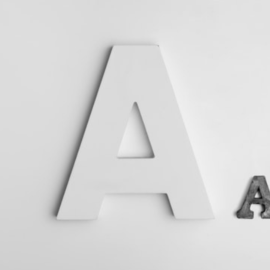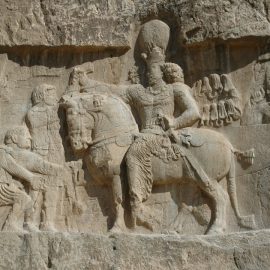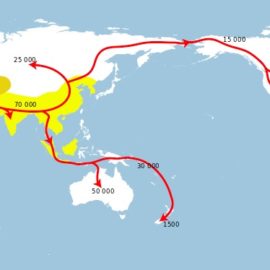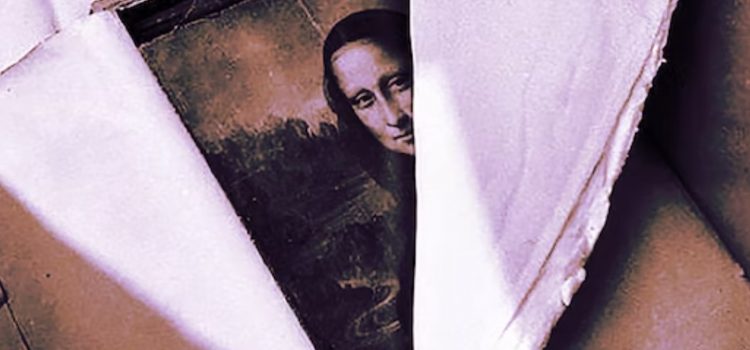
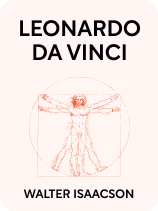
This article is an excerpt from the Shortform book guide to "Leonardo da Vinci" by Walter Isaacson. Shortform has the world's best summaries and analyses of books you should be reading.
Like this article? Sign up for a free trial here.
Was Leonardo da Vinci a genius? Is calling him a genius an exaggeration?
Walter Isaacson, the author of the biography Leonardo da Vinci, says it’s not an exaggeration to call him a genius. Leonardo’s genius can be defined by three qualities: his universal curiosity, creativity, and flaws.
Keep reading to learn why Leonardo da Vinci is considered a genius.
Leonardo da Vinci’s Genius
Was Leonardo da Vinci a genius? Isaacson argues that Leonardo deserves this moniker. While he didn’t have a superhuman mind or access to formal education, he nurtured the qualities he did have, and they led him to develop his unique genius. Those qualities were:
1) A universal curiosity that he channeled into observation and experimentation. He didn’t restrict himself to any specific subject, and Isaacson believes that this allowed him to make insights that were out of reach for people who only focused on only one skill or area. (Shortform note: Experts agree that curiosity is an essential ingredient of genius. Curiosity prompts you to seek knowledge by asking questions, experimenting, and making connections others can’t see.)
2) The creativity that resulted from his intellectual curiosity and the free range of his imagination. Isaacson believes that Leonardo’s creativity allowed him to create art that melded scientific accuracy with the expressions of a powerful inner life. (Shortform: Elizabeth Gilbert, author of Big Magic, would agree with this explanation for Leonardo’s creativity. She writes that creativity is the exploration of gifts within you—like Leonardo’s inquisitiveness and imagination.)
3) Human flaws—as Isaacson explains, Leonardo battled with two major flaws that also shaped his unique genius: 1) perfectionism, which led him to abandon projects he couldn’t produce in the same way he had envisioned them, and 2) a lack of discipline, which meant he wasn’t bothered by time, money, or even the limits of what was possible in his time.
Isaacson explains that Leonardo’s perfectionism and lack of discipline meant he left behind unfinished works of art, engineering projects he designed but never built, and treatises on art and science he never finished or published. This perfectionism set humanity back some centuries because other people had to rediscover many of the insights he had already made. (Shortform note: By some estimates, if Leonardo had published his treatises, science would have advanced by one era.)
But these flaws also humanized him and gave a distinct edge to his genius. Isaacson argues that his unfinished projects were often innovations that were centuries ahead of his time, or works in constant progress that he felt no rush to complete.
Element #1 of Leonardo’s Genius: Universal Curiosity
As Isaacson makes clear, the starting point for Leonardo’s genius was his universal curiosity. He studied a range of subjects and applied everything he studied to his works of art, while also bringing his artistic insights into his scientific explorations. The key output of his universal curiosity was the self-directed education that turned him into the ultimate Renaissance man.
Element #2 of Leonardo’s Genius: Creativity
The second key element of Leonardo’s genius was his creativity, which, according to Isaacson, was the result of his unbridled imagination plus his scientific insights. Three of his works showcase his creative process at its finest: “Vitruvian Man,” “Mona Lisa,” and “The Last Supper.”
Element #3 of Leonardo’s Genius: Flaws
According to Isaacson, the third element of Leonardo’s genius was the flaws that humanized him and gave his life and work a unique edge: perfectionism and a lack of discipline. The key result of his flaws were unfinished would-be masterpieces, a variety of engineering projects he designed but never completed, and several treatises he never published.

———End of Preview———
Like what you just read? Read the rest of the world's best book summary and analysis of Walter Isaacson's "Leonardo da Vinci" at Shortform.
Here's what you'll find in our full Leonardo da Vinci summary:
- A detailed look into the life, accomplishments, and struggles of Leonardo da Vinci
- Lessons from his life and work that you can apply to your own life
- What set Leonardo apart from other artists at the time

